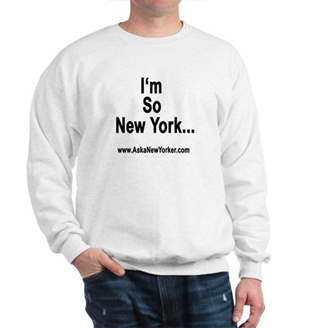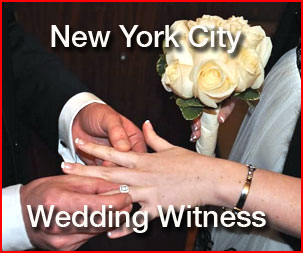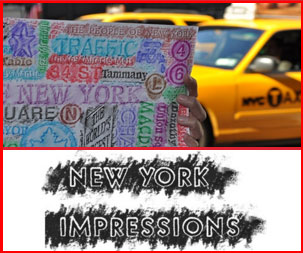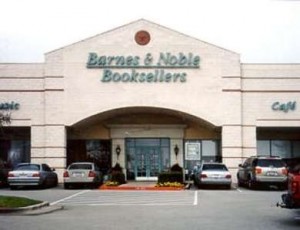 When I first started putting out books a little more than twenty years ago, Barnes and Noble was known in the business as “the Elephant.” The chain was the Elephant in the room—the big, not-quite-gentle threat that you could neither ignore nor play without. The old joke was that if the Elephant invited you to dance (that is, if he stocked your books), you could bet he’d step on your feet. There were horror stories galore: B & N’s buyers going nuts over a title, ordering thousands of copies that then got lost in their warehouses or were shipped to the wrong stores. Copies that never came out of their boxes or were sent back unopened to small publishers who then went belly up. The publishers had to pay printers, they had to pay shippers, and then, after making 5,000 copies of a book for the Elephant, he sent them all back.
When I first started putting out books a little more than twenty years ago, Barnes and Noble was known in the business as “the Elephant.” The chain was the Elephant in the room—the big, not-quite-gentle threat that you could neither ignore nor play without. The old joke was that if the Elephant invited you to dance (that is, if he stocked your books), you could bet he’d step on your feet. There were horror stories galore: B & N’s buyers going nuts over a title, ordering thousands of copies that then got lost in their warehouses or were shipped to the wrong stores. Copies that never came out of their boxes or were sent back unopened to small publishers who then went belly up. The publishers had to pay printers, they had to pay shippers, and then, after making 5,000 copies of a book for the Elephant, he sent them all back.
Of course, you could dance a little bit back then. B & N had a really wonderful small press department, and they were actually looking for small press books to “discover.” My first book, a gay science fiction novel that I wrote in 1991 (back when there was no such thing as a “gay science fiction novel”—at that point in time every queer book had to feature some sort of tormented male Norma Desmond) was named “one of 100 hot books to look out for” by the B & N buyers.
The book took off. It had real men with real balls (sometimes three balls each, but that was part of the plot). I was delighted of course, but I was also scared. Another running joke in the book industry was “Q: What’s the best thing that can happen in publishing? A: Barnes and Noble goes under. Q: What is the worst thing that can happen in publishing? A: Barnes and Noble goes under.”
This was when B & N represented about 30% of the book trade (not small potatoes, but not nearly as high as that figure would eventually get) and there were still lots of independent bookstores around to balance things out. It was the indie bookstores that discovered a lot of new talent, writers who came from smaller presses and couldn’t get their stuff seen by the Elephant.
But B & N was growing. It was getting fatter and sassier. At one point, it was opening two new stores per day, inserting their shelves into every town in America (as well as every strip mall, airport, and full-service gas station). Consequently, they needed lots of books, which meant that publishers had to crank out a lot of “product” to make the corporate folks at 122 Fifth Avenue happy.
A synergy formed between big and mid-sized publishers. Big media corporations started acquiring smaller publishers, and those smaller publishers began to seem…well, sexy. Instead of dowdy and goofy, they were suddenly sought-after and sleek. Plus, publishing always had that touch of ol’ New York glamour and class. The famous brothers Riggio, Leonard and Stephen (who basically own B & N), became American cultural heroes: old-fashioned booksellers and formulators of lit’rary taste and pecking order.
The only problem was that their taste had to fit into an Alabama mall as well as on Fifth Avenue, and it became plain that if you wanted your books in both places, you’d better watch yourself. Tone down the cover and cut the scene where Cousin Willie approaches his fourteen-year-old niece with more than just candy. Soon, Walmart was also selling books by the ton (as opposed to by the title), and their buyers in Bentonville, Arkansas, started coming down so harshly on covers and content that anything not pre-approved in Paula Deen’s test kitchen was ruled out. Walmart and Cosco became the biggest retailers of books in the US, and (f*ck-it) they weren’t even bookstores! The Elephant was starting to look good. He (or she, nobody ever said the Elephant had to be a he) was starting to look downright teddy- bearish.
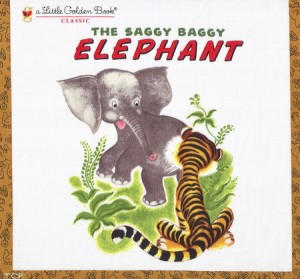 Nowadays, the Elephant is gasping for air and, after strangling so many smaller animals at the ol’ watering hole, it’s running out of dough to feed itself. Large numbers of B & Ns, after watching the demise of Borders, Tower Books, and thousands of independents retailers, are going under themselves. Ebooks are killing brick-and-mortar stores, but even worse, serious reading itself is becoming extinct. Reading as a discrete, self-enclosed yet community-building (not to mention magical) activity is on the decline. My generation, the Baby Boomers, may be the last to revere writers as important people in their own right. Now, many writers are either springboards for popular movies (i.e. Harry Potter), have careers elsewhere that they then write about (i.e. Anderson Cooper, Ellen, Oprah, or anyone else with either a political or show biz memoir—those two genres are really interchangeable these days), or they have some connection with sports scandals and/or ecological sleaziness.
Nowadays, the Elephant is gasping for air and, after strangling so many smaller animals at the ol’ watering hole, it’s running out of dough to feed itself. Large numbers of B & Ns, after watching the demise of Borders, Tower Books, and thousands of independents retailers, are going under themselves. Ebooks are killing brick-and-mortar stores, but even worse, serious reading itself is becoming extinct. Reading as a discrete, self-enclosed yet community-building (not to mention magical) activity is on the decline. My generation, the Baby Boomers, may be the last to revere writers as important people in their own right. Now, many writers are either springboards for popular movies (i.e. Harry Potter), have careers elsewhere that they then write about (i.e. Anderson Cooper, Ellen, Oprah, or anyone else with either a political or show biz memoir—those two genres are really interchangeable these days), or they have some connection with sports scandals and/or ecological sleaziness.
In other words, reading and experiencing a book for the sheer, God-awful pleasure of it (like smoking and drinking hard liquor) is considered a waste of valuable time, time that would be better spent hustling in the “24/7” marketplace of life. And, to make matters even worse, the Nook—B & N’s own E-reader—has recently been valued at a higher investment price than all of B & N’s old brick-and-mortar style stores combined, where real people work to guide your reading experience. This really pisses me off. It makes me feel for all those wonderful people I have known at B & Ns throughout the years, who have made this big chain their career, and whose jobs are now fundamentally threatened. I feel terrible for them and for the Elephant itself.
As a writer, I miss it already.
 Perry Brass’s latest book, King of Angels, is a gay, Souther, Jewish coming of age novel set in 1963 Savannah, Georgia. Each month, Perry writes about politics, love, lust, and the human condition in his column “The Wisdom of Desire.” For more on Perry, check out his website HERE.
Perry Brass’s latest book, King of Angels, is a gay, Souther, Jewish coming of age novel set in 1963 Savannah, Georgia. Each month, Perry writes about politics, love, lust, and the human condition in his column “The Wisdom of Desire.” For more on Perry, check out his website HERE.








